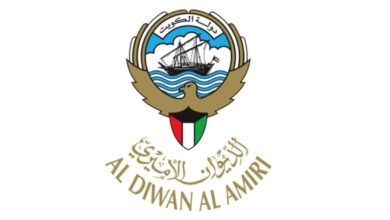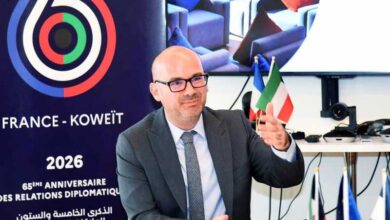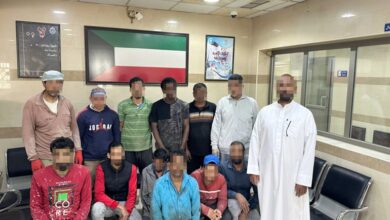Animal rescue: Vital mission for wildlife conservation in Africa
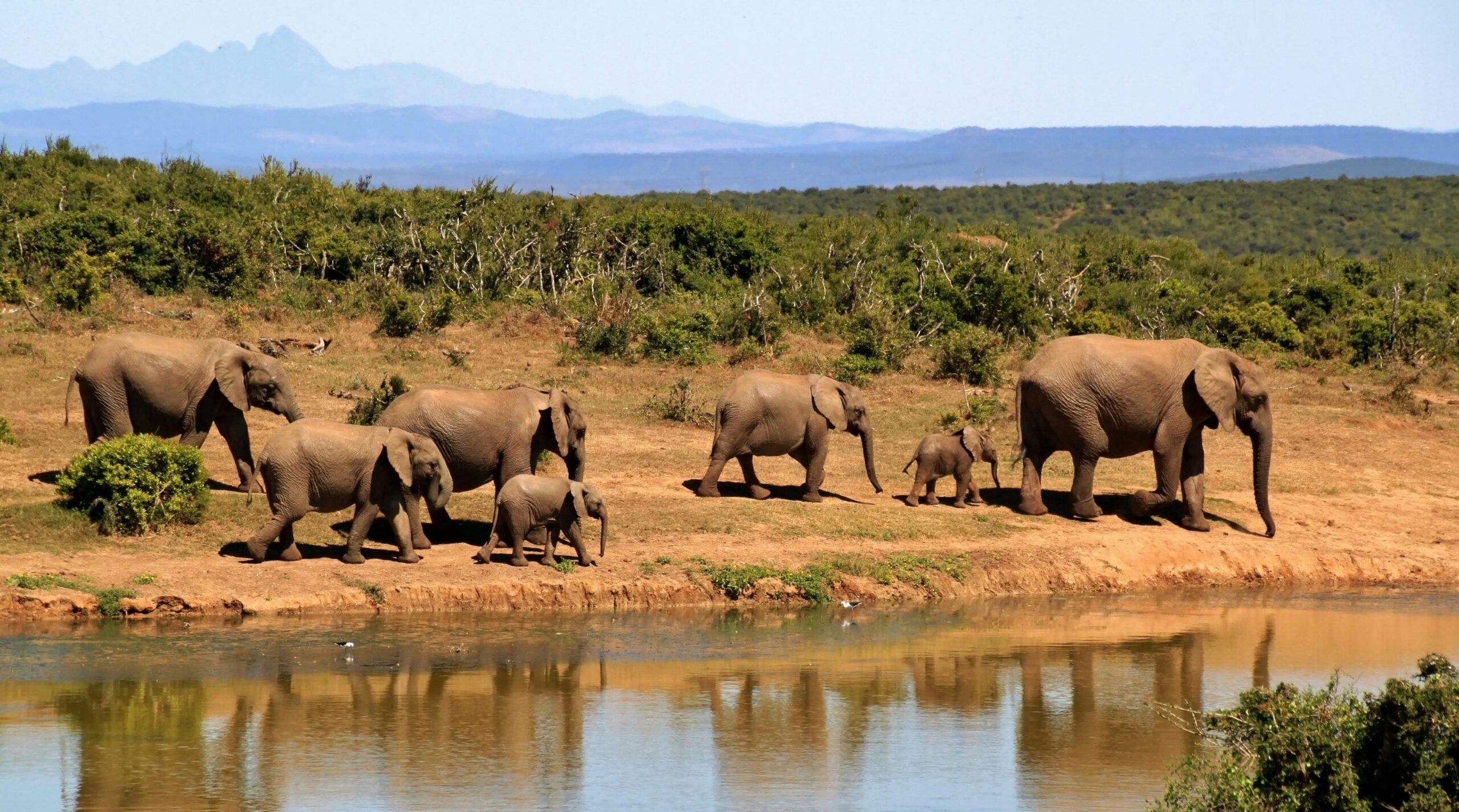
By Hermoine Macura-Noble
Special to The Times Kuwait
Africa is home to some of the world’s most iconic wildlife, from majestic elephants and lions to endangered rhinos and cheetahs. However, these animals face significant threats from poaching, habitat loss, human-wildlife conflict, and climate change.
Efforts by animal rescue and protection groups across the continent are crucial to preserving these species and ensuring a balanced ecosystem. These groups work tirelessly to save injured, orphaned, or endangered animals, providing medical care, rehabilitation, and, when possible, reintroduction into the wild.
Nestled near one of the world’s most iconic natural wonders, the Victoria Falls Wildlife Trust (VFWT) in Zimbabwe plays a crucial role in wildlife conservation and community engagement. Founded in 2008, this non-profit organization is dedicated to the rescue, rehabilitation, and preservation of wildlife and to promoting sustainable coexistence between humans and nature.
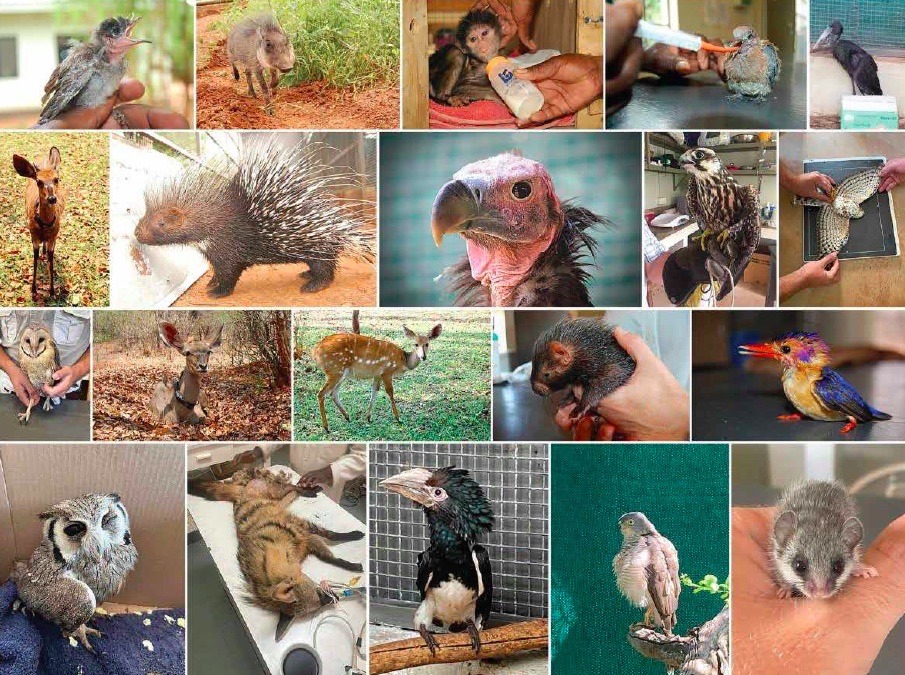
The mission of VFWT is to ensure the preservation of southern Africa’s wildlife through holistic conservation approaches. Their vision extends beyond wildlife rescue to include research, education, and community outreach, aiming to foster a deeper understanding and respect for nature among local populations and visitors alike.
Executive Director of Victoria Falls Wildlife Trust Jessica Dawson explains. “We firmly believe in the rehabilitation and release of these animals. Recently, we successfully returned a baby baboon to his troop after he was separated from his family along the upper Zambezi River. Despite efforts from one of our veterinarians to locate the troop after the baby was discovered, it was nowhere to be found, so the baboon returned to be kept safe and warm… The little guy was released near them and was promptly scooped up and cuddled by a female baboon who we suspect may have been his mother.”
Rescue operations often involve complex logistics and significant risks. Teams must navigate remote and sometimes dangerous terrains to reach animals in need. For example, rescuing an elephant calf trapped in a well can require heavy equipment and coordination with local communities. Yet, the reward of seeing these animals thrive again in their natural habitats makes these efforts invaluable. While rescue operations are essential, preventing harm to wildlife is equally crucial. Prevention strategies focus on mitigating the root causes of threats to animals, which include poaching, habitat destruction, and human-wildlife conflict.

Since 2018, the VFWT has removed just over 150 snares from animals such as elephants, zebras, lions, and buffalo in the Victoria Falls area. “We recently rescued a honey badger that looked like it had probably been hit by a vehicle, and the good news is that he has already returned to the wild. In the last five years, we have already cared for over 100 animals in our Intensive Care rehab Unit,” adds Dawson.
Organizations and governments are also working to establish and maintain protected areas, such as national parks and wildlife reserves. For instance, the Great Limpopo Transfrontier Park spans Mozambique, South Africa, and Zimbabwe, creating a vast protected area for numerous species. Collaboration between governments, NGOs, and local communities is essential. These groups can implement more effective conservation strategies by combining resources and expertise, ensuring that Africa’s unique wildlife thrives for generations.
“When the rains started in November 2023, a tiny porcupette (a baby porcupine) and a baby warthog were washed up after a big storm. These burrowing species are particularly vulnerable to heavy rains, which can flood their homes, flush them out, and sometimes separate parents and offspring. Fast forward a few months later, and the two storm-drain babies are flourishing and are ready to be released back into the wild,” shares Dawson.
VFWT also conducts vital research to inform conservation strategies. Their research projects cover various topics, including wildlife health, population dynamics, and ecosystem management. By partnering with academic institutions and other conservation organizations, VFWT ensures its work is based on the latest scientific insights and contributes to the global understanding of wildlife conservation.
However, despite the successes, numerous challenges remain. Limited funding, political instability, and climate change pose significant obstacles to conservation efforts. To combat this, VFWT engages in community development projects, such as Sustainable Livelihood Initiatives, which help communities develop alternative livelihoods that reduce dependence on wildlife exploitation, and Eco-Tourism ventures, which provide economic benefits to local communities while fostering conservation awareness among tourists.

Over the years, VFWT has achieved numerous successes in wildlife conservation, including successful elephant rescues, where they rehabilitated several elephant calves orphaned due to poaching or human-wildlife conflict. The Trust has also been instrumental in rescuing and rehabilitating pangolins, the world’s most trafficked mammal, contributing to the species’ survival.
The Victoria Falls Wildlife Trust is one of several organizations that rely on donations to survive and do their noble work. Some other notable organizations across Africa include The David Sheldrick Wildlife Trust in Kenya, renowned for its pioneering work in elephant rescue and rehabilitation; The Rhino Orphanage in South Africa, which specializes in rescuing and caring for young rhinos affected by poaching; and The Jane Goodall Institute, with various projects across the continent focused on rescuing and rehabilitating primates.
Animal rescue and prevention in Africa are vital components of wildlife conservation. Through dedicated rescue operations, proactive prevention strategies, and community involvement, these efforts aim to safeguard the continent’s rich biodiversity. As we look to the future, continued support and innovation in these areas will be crucial to overcoming challenges and ensuring that Africa’s wildlife remains a vibrant and integral part of our natural world.
 By Hermoine Macura-Noble
By Hermoine Macura-Noble
The first Australian English speaking News Anchor in the Middle East. She is also the Author of Faces of the Middle East and Founder of US-based 501c3 charity – The House of Rest which helps to ease the suffering of victims of war. For more from our Contributing Editor, you can follow her on Instagram, here.









